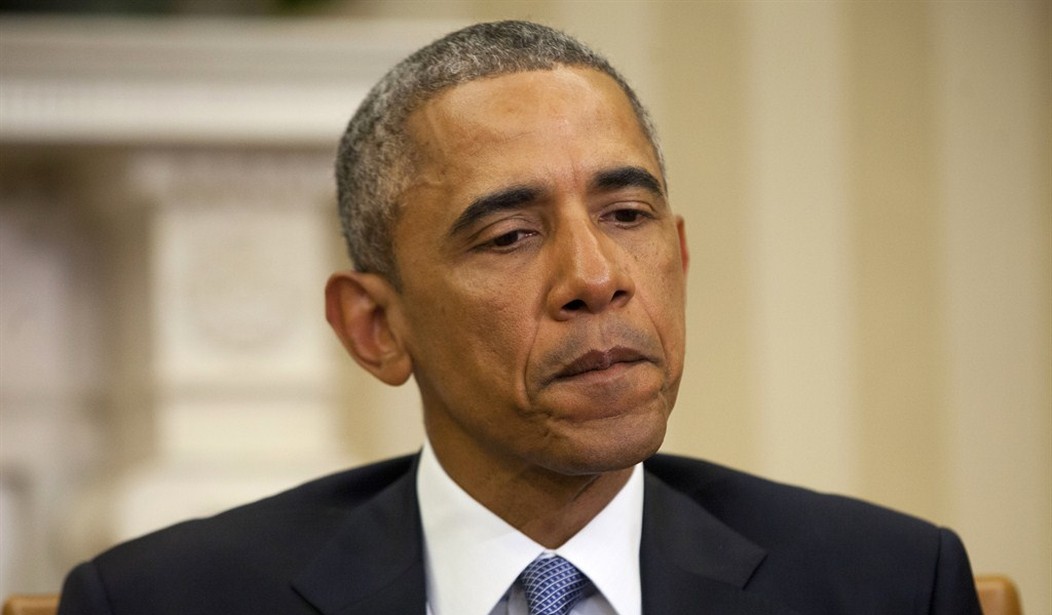As law enforcement officials hone in on two Islamic terrorists who carried out an attack on French magazine Charlie Hebdo earlier this week, we're learning more about where the terrorists came from, what their backgrounds are and where they received their training. There are three suspects total. Two brothers, Said and Cherif Kouachi, are still on the run but officials know where they are and have been in contact with them throughout the morning. The youngest of the terror suspects turned himself in earlier this week.
Said Kouachi, the oldest of the three, trained with Al Qaeda in Yemen throughout 2011 before returning to France. From the NYT:
The suspect, Saïd Kouachi, 34, spent “a few months” training in small arms combat, marksmanship and other skills that appeared to be on display in videos of the military-style attack on Wednesday carried out by at least two gunmen on the offices of the Charlie Hebdo newspaper.
Both French and American officials were aware that Mr. Kouachi had trained in Yemen. He went there at a time when many other young Muslim men in the West headed to Yemen, inspired by Anwar al-Awlaki, the American-born cleric who by 2011 had become a senior operational figure for the terrorist group there, Al Qaeda in the Arabian Peninsula.
On the very same day the attack in Paris was carried out, a terrorist driving a bus packed with explosives killed 37 people at a police academy.
A suicide bomber rammed his explosives-laden minibus into a gathering of recruits outside a police academy in the heart of Yemen's capital on Wednesday, killing at least 37 people in the latest high-profile attack to hit Sanaa.
No one immediately claimed responsibility for the attack, but Yemen's local Al Qaeda branch has carried out similar assaults in the past against the army and police in this impoverished Arabian Peninsula country, viewing them as U.S. proxies.
Recommended
It was just a few short months ago that President Obama touted anti-terrorism operations in Yemen and Somalia as a success and upheld them as examples of how the United States would fight ISIS. From his September 10, 2014 speech at the White House:
Now, it will take time to eradicate a cancer like ISIL. And any time we take military action, there are risks involved –- especially to the servicemen and women who carry out these missions. But I want the American people to understand how this effort will be different from the wars in Iraq and Afghanistan. It will not involve American combat troops fighting on foreign soil. This counterterrorism campaign will be waged through a steady, relentless effort to take out ISIL wherever they exist, using our air power and our support for partner forces on the ground. This strategy of taking out terrorists who threaten us, while supporting partners on the front lines, is one that we have successfully pursued in Yemen and Somalia for years. And it is consistent with the approach I outlined earlier this year: to use force against anyone who threatens America’s core interests, but to mobilize partners wherever possible to address broader challenges to international order.
Despite Obama administration claims, Al Qaeda is not on the run. In fact, they're gaining strength. Yemen is far from the success we should be depending on to fight ISIS and Obama's suggestion it has been a "success" begs-the-question of whether he's actually serious about "degrading and ultimately destroying" ISIS in Iraq and Syria.

























Join the conversation as a VIP Member